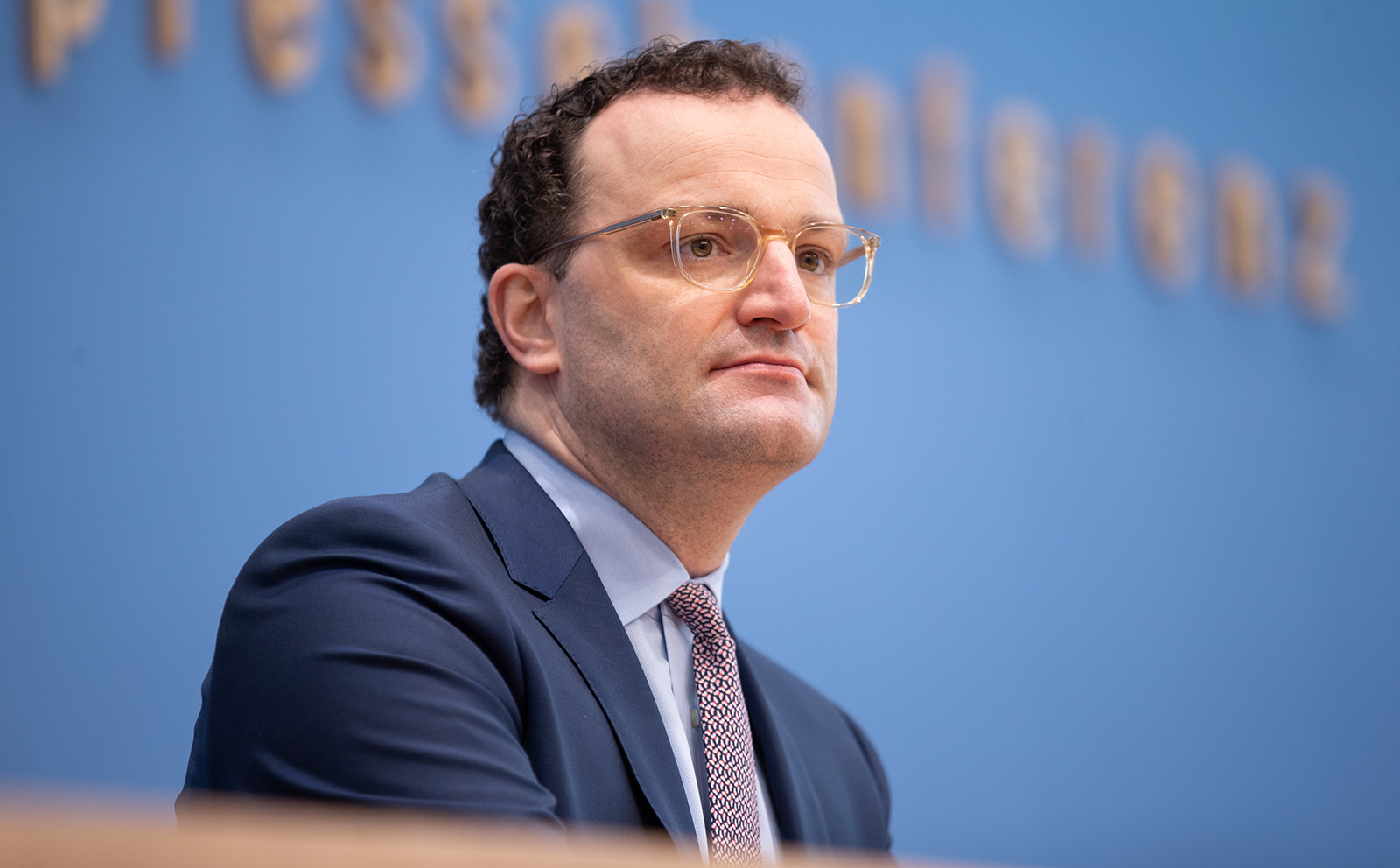

India has supplied more than 36 million doses of coronavirus vaccines to several countries, of which 6.75 million doses have been provided as subsidy aid, a Foreign Ministry spokesman said on Thursday ( MEA).
“To date, we have provided a total of 36,194,000 doses to various countries. This includes 6,750,000 doses supplied with aid and 29,444,000 doses under various commercial contracts,” said MEA spokesman Anurag Srivastava.
India is the world’s largest vaccine manufacturer and has pledged to give millions of doses to neighboring countries. The country’s Serum Institute is producing the vaccine developed in the UK by AstraZeneca for domestic and export use.
The supply of vaccines to countries will continue gradually over the coming weeks and months, ensuring that national requirements for the national vaccination program are kept in mind, he added.
India has sent shipments of Covid-19 vaccine doses as gifts to countries such as Bangladesh, Myanmar, Nepal, Bhutan, Maldives, Mauritius, Seychelles, Sri Lanka, Bahrain, Oman, Afghanistan, Barbados and Dominica.
India has also offered locally made vaccines to all members of the diplomatic corps (foreign missions) and their families based in the country, Srivastava said.
“It has been offered not only to diplomats in the countries, but also to United Nations agencies and intergovernmental organizations working in India. This impetus will cover all places where they are located,” he said.
Countries that have received vaccines under trade contracts include Brazil, Morocco, Myanmar, Egypt, Algeria, South Africa, Kuwait and the United Arab Emirates.
New daily cases in India have plummeted, going from a maximum of more than 90,000 infections in September to just over 10,000 a day in February. On February 9, the capital Delhi reported zero deaths from viruses for the first time in almost nine months, according to COVID19INDIA, a website that groups Covid-19 data from official sources.